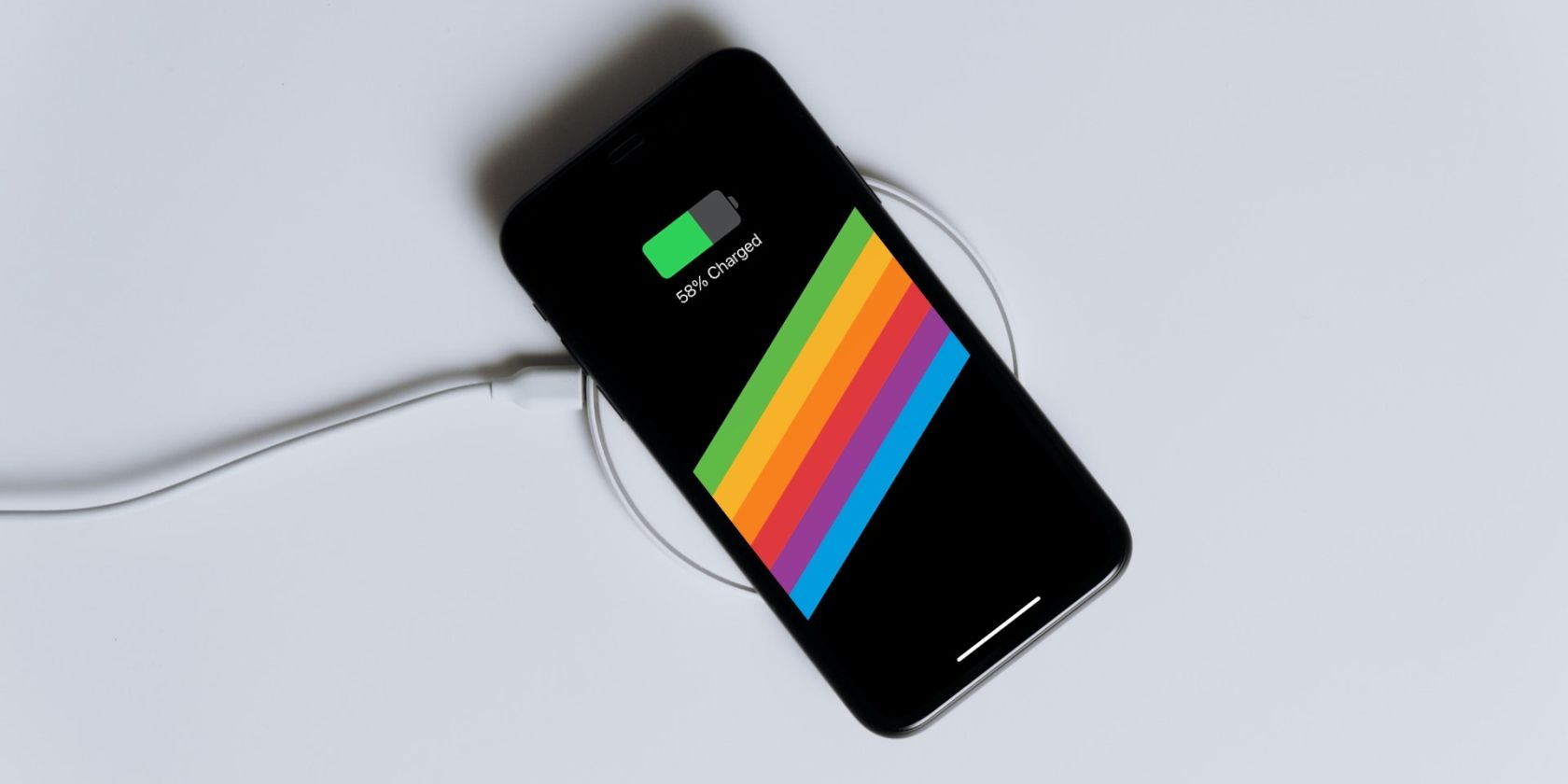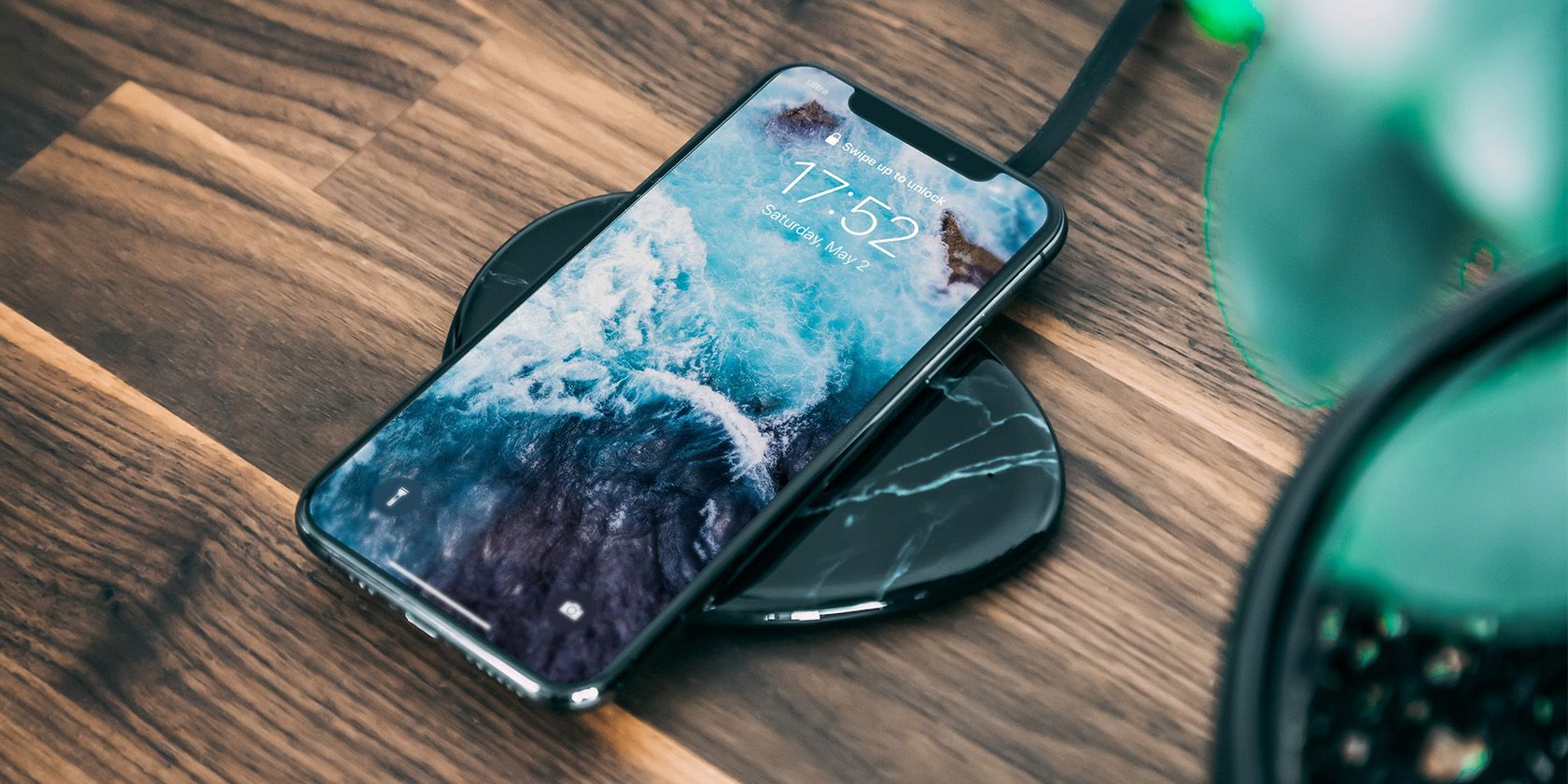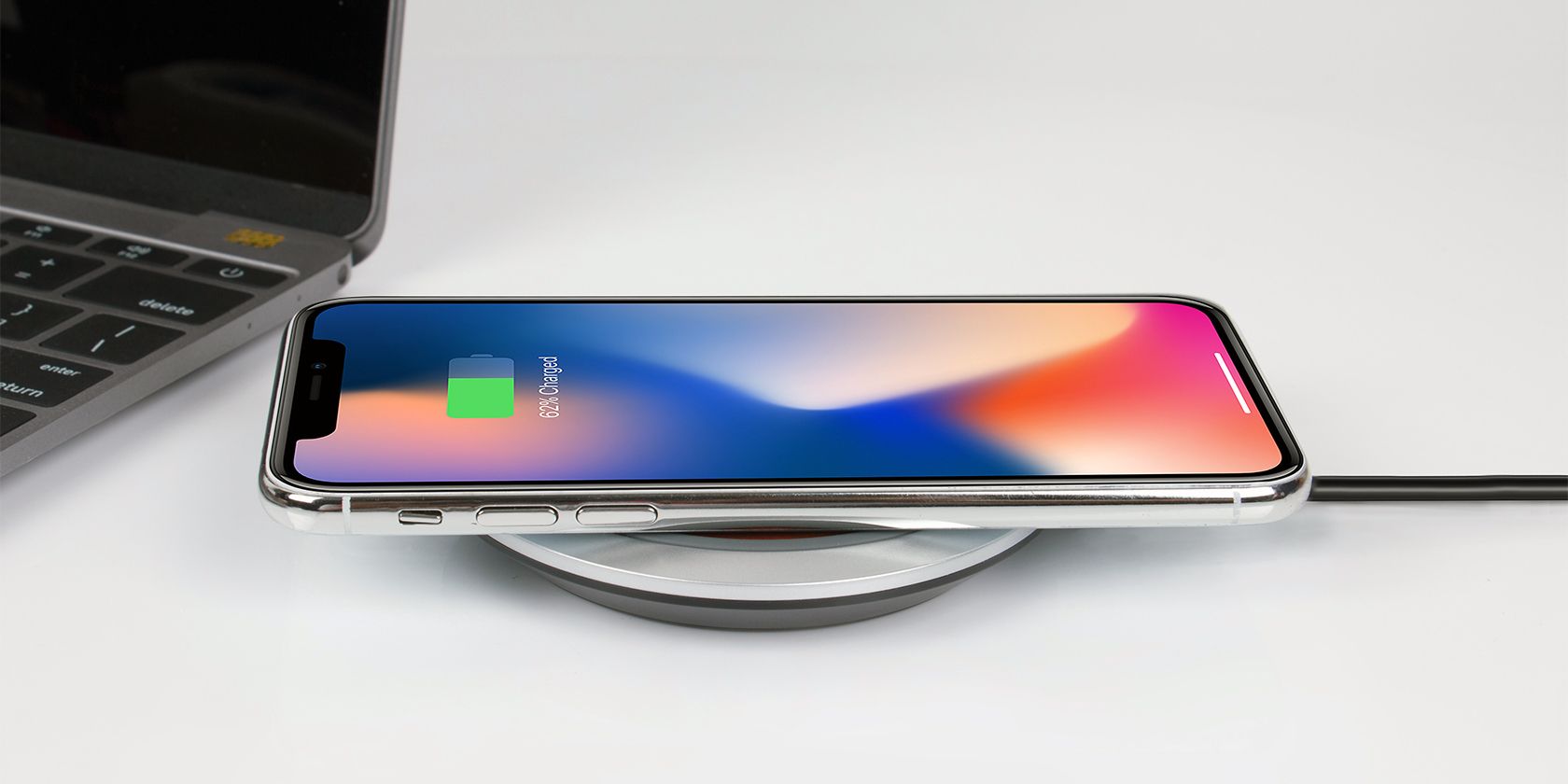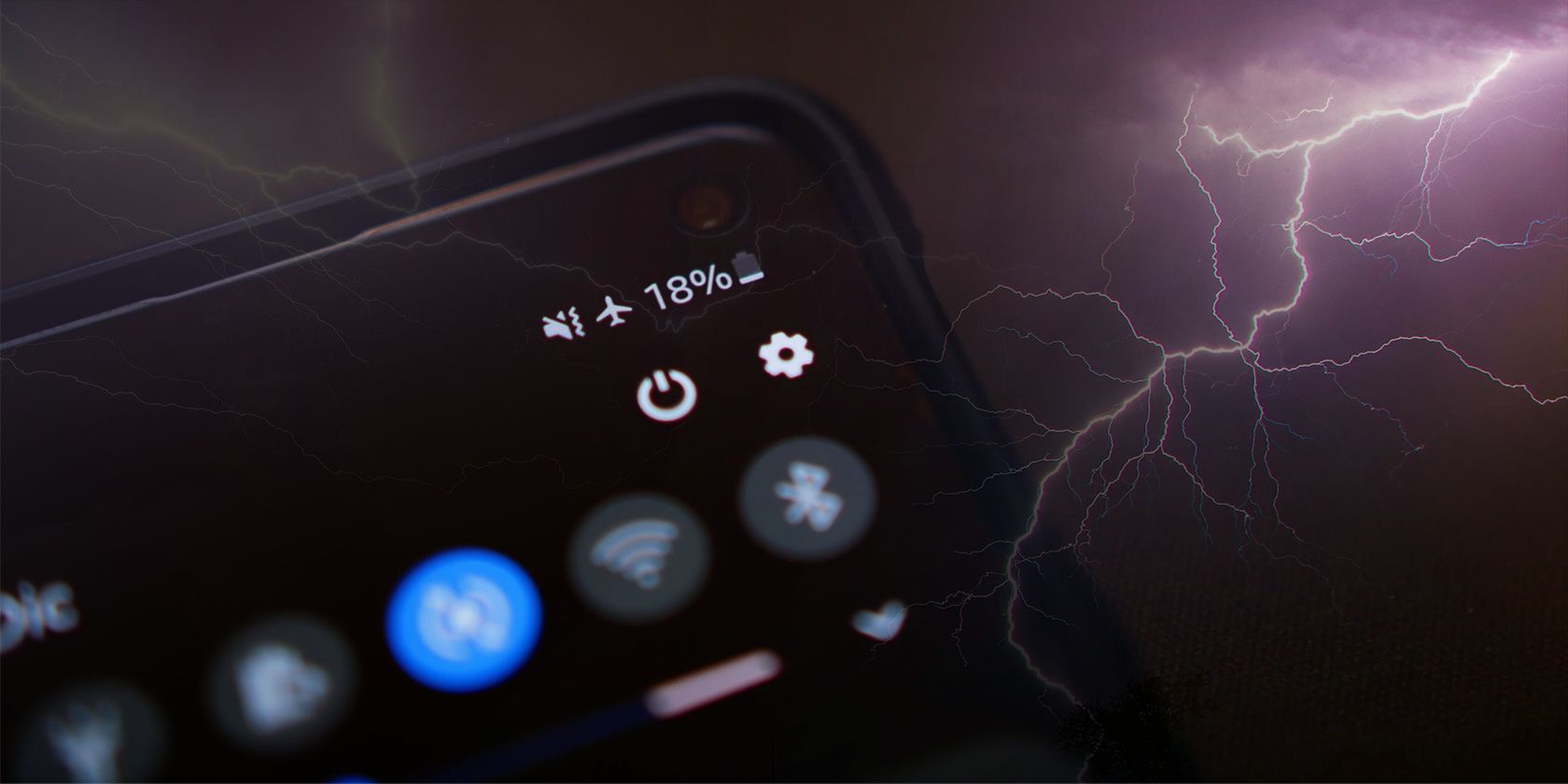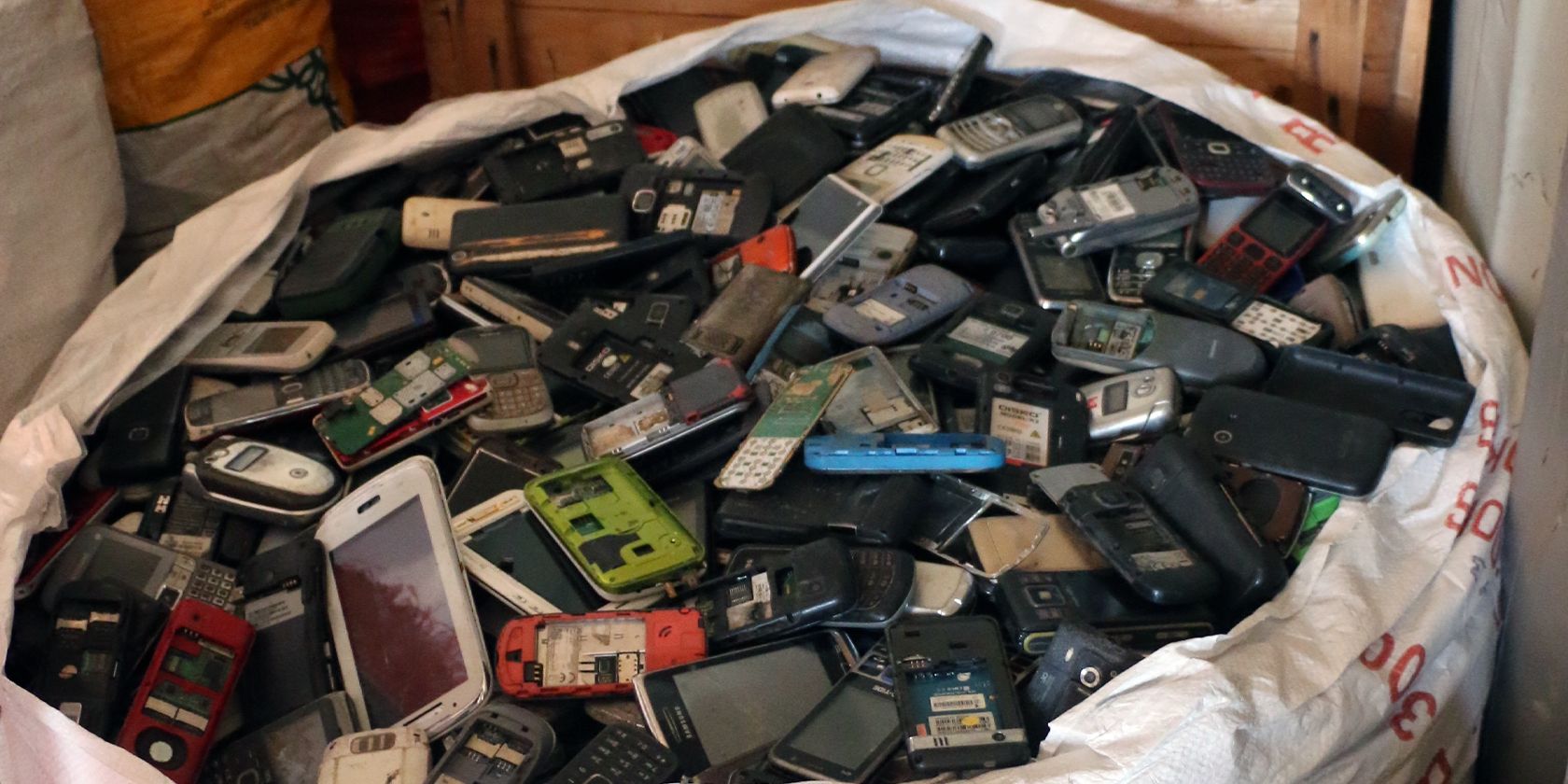Many gadgets like smartphones, earbuds, and smartwatches support wireless charging today. And with all these tech companies boasting about how fast their wireless chargers are, you'd expect the technology to have some serious weight, right? We think not.
Here are five reasons why you shouldn't use a wireless charger.
1. Wireless Charging Isn't Wireless (Yet)
Let's agree on one basic fact about wireless chargers: they are not wireless. Sure, you don't have to plug in your device with a cable, but the wireless charging dock comes with a cable plugged into the wall socket. This defeats the whole purpose of wireless charging.
With a wired charger, you can at least pick up your phone and use it like normal, provided that you stay near the socket. But with a wireless charger, the phone needs to be kept intact. As soon as you pick it up to, say, type a text, the charging stops. That's adding more inconvenience than removing it.
Ideally, a truly wireless charger should charge your device no matter your location. As long as you have a long-range charging hub, your phone will charge even if it's in your pocket or on a countertop. The good news is that we already have true wireless charging, but the bad news is that it doesn't work well enough to be useful.
2. Wireless Charging Is Inefficient
Perhaps the biggest complaint about wireless charging is its inefficiency. You see, with a wired charger, the power from the socket goes straight into your device. But with a wireless charging pad, the power has to pass through the pad's plastic housing and the glass on the back of your phone.
These insulating materials dull the flow of electrons, making the whole process inefficient and slow. In a world where fast wired charging is reaching 100W or more, wireless charging doesn't even come half as close. Not only does it waste time, but it also wastes electricity.
At best, wireless charging suits smaller devices like earbuds, smartwatches, portable speakers, computer mice, etc. But if you go any further, its limitations become apparent quickly. The bigger the gadget, the harder it becomes for wireless charging to keep up. That's why we don't usually see laptops, e-bikes, and electric cars using wireless charging.
3. Wireless Charging Causes Overheating
A nasty side effect of fast charging (regardless of the medium) is that it produces a lot of heat. And as you might know, overheating damages your overall battery health. Wireless charging magnifies this problem due to its inefficiency.
All the extra energy that isn't fed to your battery during a wireless transmission is lost and emitted as heat due to thermal radiation. That's why a fast wireless charger will always give out more heat than a fast wired charger of the same wattage.
4. Wireless Chargers Are Expensive
You can easily find a decent 25W fast wired charger for under $10. But a 15W wireless charger will cost anywhere between $15–$25 or even more. That means you're having to pay more to buy a slower charger that also damages your battery due to overheating. Not a smart purchase, if you ask us.
5. Wireless Charging Is Bad for the Environment
Wireless chargers need almost 50% more energy to charge your phone than wired chargers, wasting more energy. Also, since wireless charging heats your smartphone, it damages its overall battery health—forcing you to upgrade to a new phone more often.
And let's not forget that wireless chargers need to be bought (and shipped) separately, but most people already have a wired charger at home. Unsurprisingly, all these things combined greatly increase your carbon footprint. Wireless chargers are inferior, inconvenient, expensive, and also hurt the planet at the same time!
Wireless Charging Wastes Time and Money
For a lot of people, time is money. But wireless chargers waste both time and money. Not only are they expensive, but they take forever to charge your phone.
Wireless charging technology still has a long way to go, and in its current state, it doesn't deliver the benefits it promises. If you're in the market to buy a new charger, save yourself the trouble and get a fast wired charger. Anything near 25W or above is a good choice.

